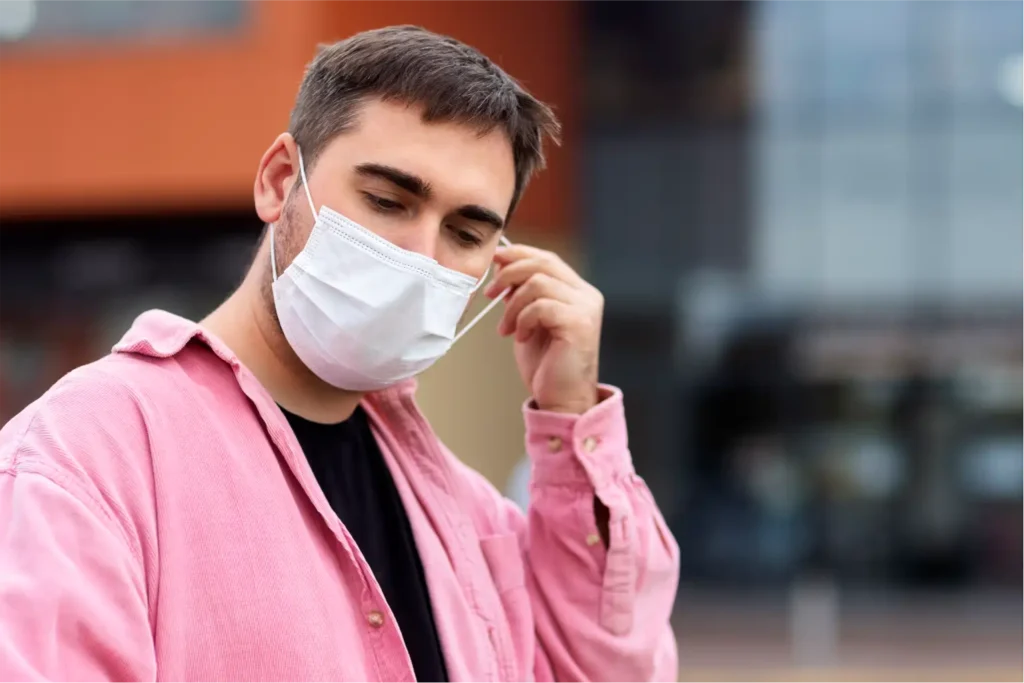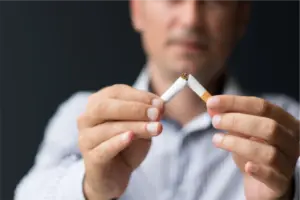
Survivors of childhood cancer may face a significantly higher risk of developing severe COVID-19, even decades after their initial diagnosis and treatment, according to a new study published in The Lancet Regional Health—Europe. The research was conducted by Karolinska Institutet in collaboration with the Danish Cancer Institute.
Drawing on registry data from Sweden and Denmark, the study tracked more than 13,000 individuals diagnosed with cancer before the age of 20 who were over 20 years old when the COVID-19 pandemic began. These individuals were compared with their siblings and with randomly selected peers from the general population.
Also Read | Women treated for breast cancer show 8% lower risk of Alzheimer’s: Study
While childhood cancer survivors were less likely to contract COVID-19, the study found they were 58% more likely to develop severe illness once infected. The risk was especially pronounced during periods of high transmission, such as the spread of the Alpha and Omicron variants.
“It is important to understand that even though these individuals were not infected more often, the consequences were more serious when they did become ill,” said Dr. Javier Louro, lead author and postdoctoral researcher at the Institute of Environmental Medicine at Karolinska Institutet.
Researchers argue the findings highlight the need to treat childhood cancer survivors as a vulnerable group in future pandemics or public health emergencies.
“This could mean prioritising them for vaccinations or offering targeted protection strategies during waves of high community spread,” Louro added.








